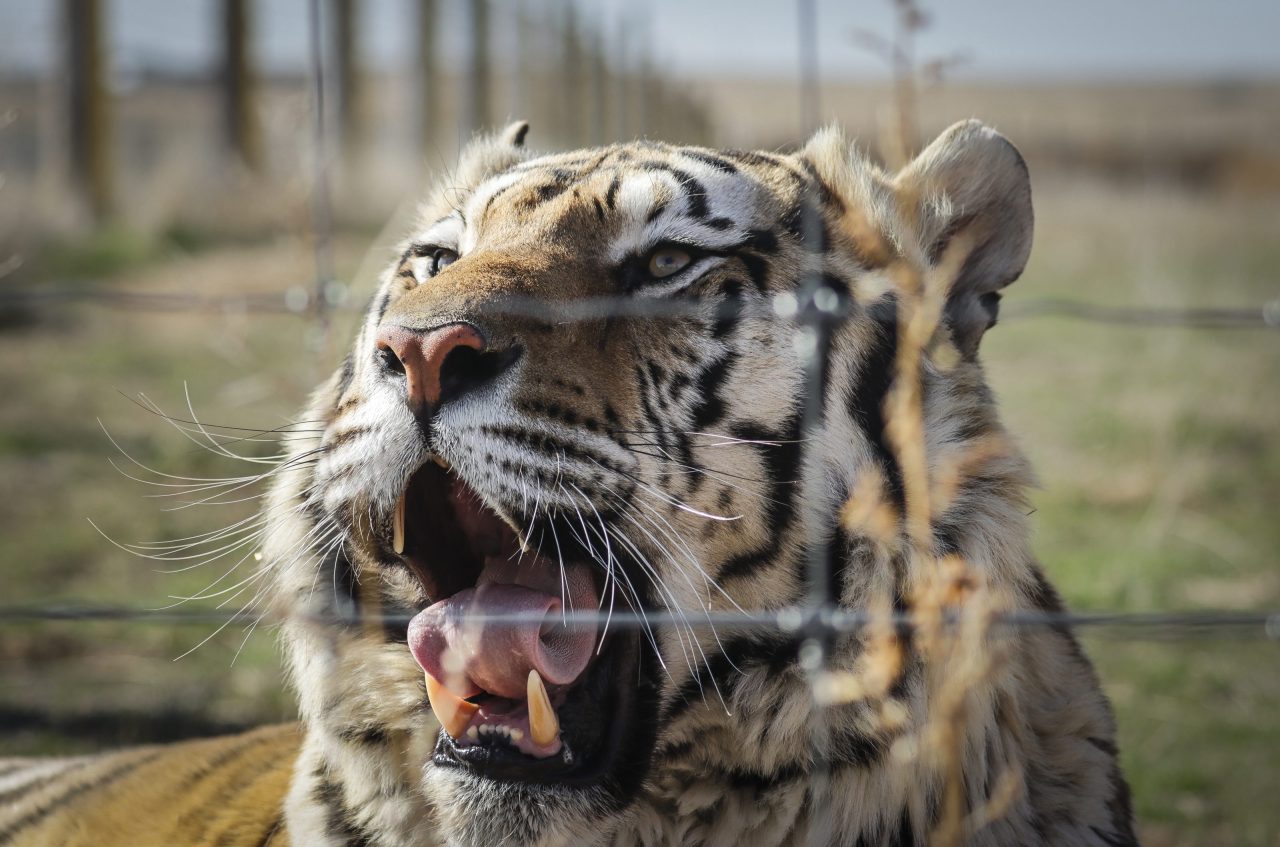
The deadline for owners of tigers, lions and other big cats to register their animals as exotic pets is quickly approaching.
The registration deadline was enacted in the wake of last year’s massive win by animal activists across the country that effectively ended the big cat trade among unlicensed animal hobbyists.
The Big Cat Public Safety Act was signed into law last December, serving as an official ending to the practice of breeding and trading big cats.
President Joe Biden signed the bipartisan bill just two years after the world came to a standstill during the COVID-19 pandemic and Americans were captivated by the scandalous and tawdry details of the nation’s most prominent big cat traders, as documented in the Netflix series “Tiger King.”
The firestorm of a documentary increased interest in the American tiger trade and led to a groundswell of support to end the practice. Lawmakers were tasked with striking a balance between animal advocates and longtime breeders.
As part of that compromise, breeders and cat owners who owned animals born prior to the bill’s passage were grandfathered in and were allowed to keep their animals, but are now required to register them and are prohibited from breeding, selling, trading or offering direct public contact with the cats.
The passage is expected to bring an end to the highway zoos featured in the Netflix documentary that led to many in the media referring to the Big Cat Public Safety Act as the “Tiger King” bill or the “Joe Exotic” bill.
Cat owners have until June 18 to register their animals with the United States Fish and Wildlife Service. If they fail to do so, they could face civil or criminal penalties and the animals could be seized, according to the Humane Society of the United States.
Kitty Block, president and CEO of the Humane Society, called the big cat trade practice a “shameful era,” and added that her organization was actively encouraging owners of big cats across the country to comply with the new law.
“With the implementation of the groundbreaking Big Cat Public Safety Act, now is the time for people who keep big cats on their property to do the right thing and register them,” Block said. “This way, law enforcement can better track these complex, powerful and sensitive animals to ensure public safety. It also will help the federal government prevent the illegal breeding and sale of these animals.
Block said she hopes the new law will serve as a permanent bookend to the decades of big cat trading and “stop perpetuation of cruelty to generations of dangerous wild cats who have been languishing and wasting away in basements and backyards while posing danger to communities.”
Joseph Maldonado-Passage, aka Joe Exotic, the subject of the first season of “Tiger King,” is currently incarcerated and serving a 22-year sentence for attempting to hire a hitman to kill his adversary, Carole Baskin.
Baskin previously operated a big cat sanctuary in Florida and has been an ardent supporter of legislation that outlaws the big cat trade. When the bill was signed into law, Baskin’s sanctuary, Big Cat Rescue, posted a message on social media praising its passage.
In March, Baskin announced that she and her husband would be transporting most of its cats to a wildlife refuge based in Arkansas, and they would sell the property once there are no cats left.
Suggest a Correction
